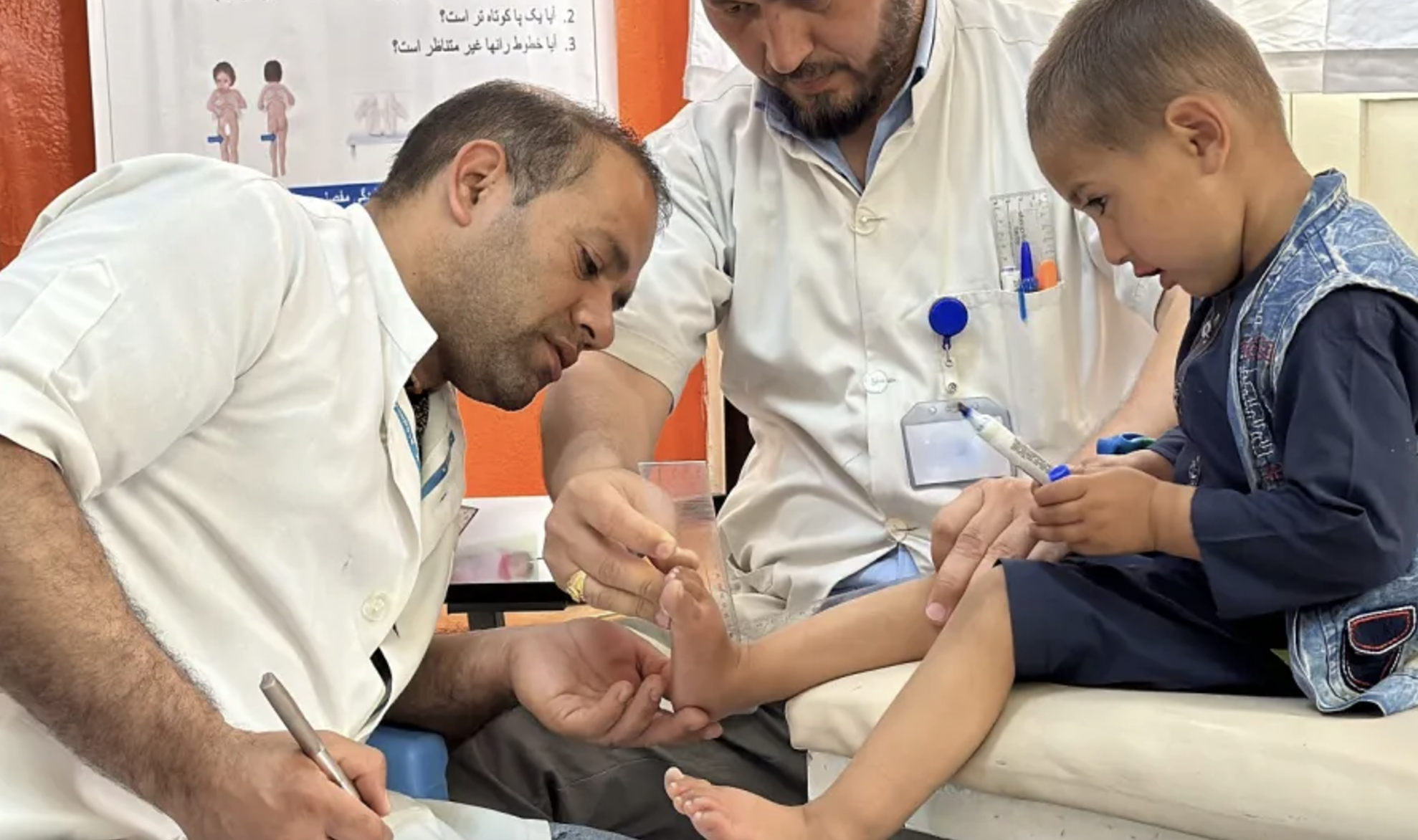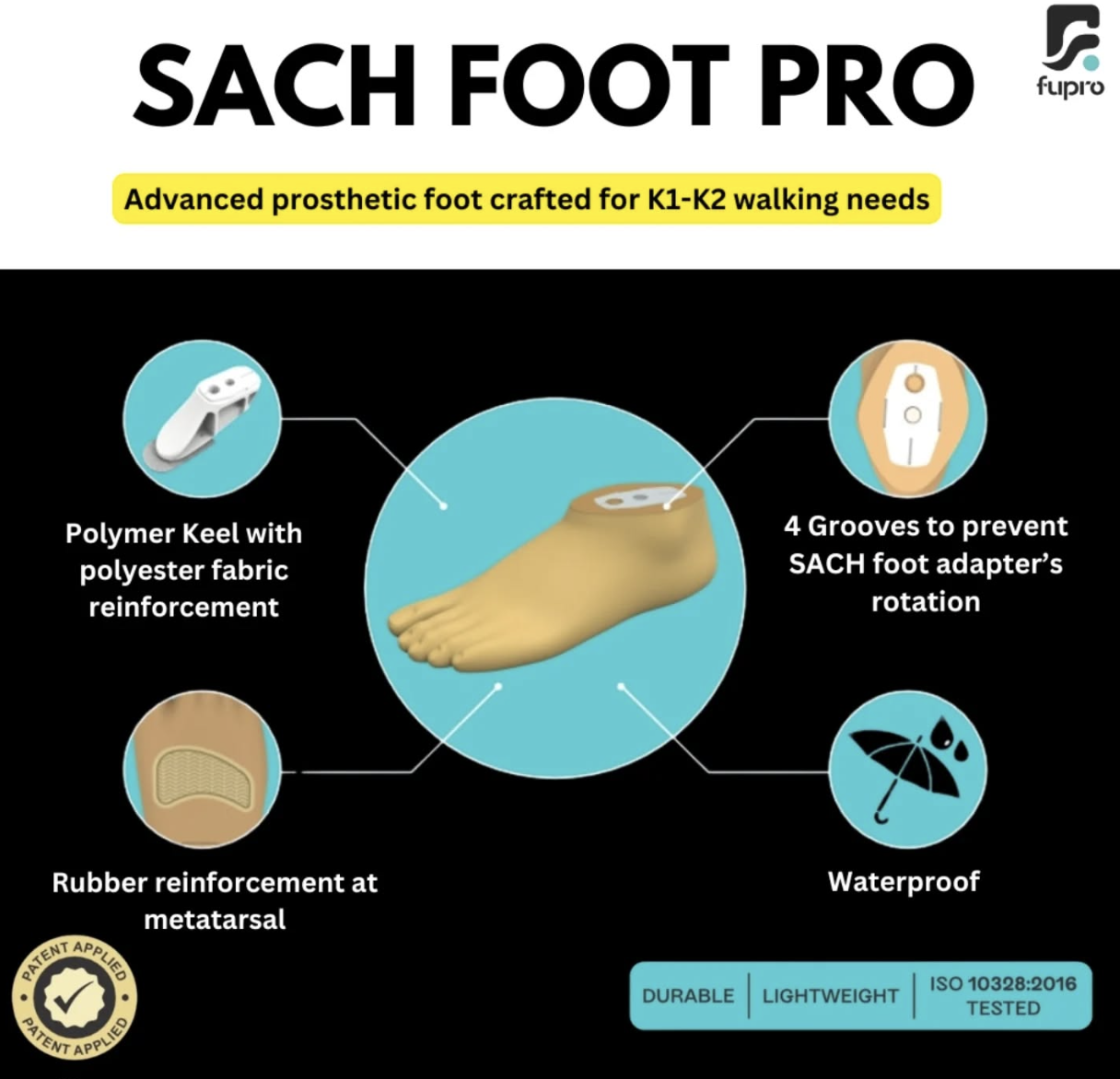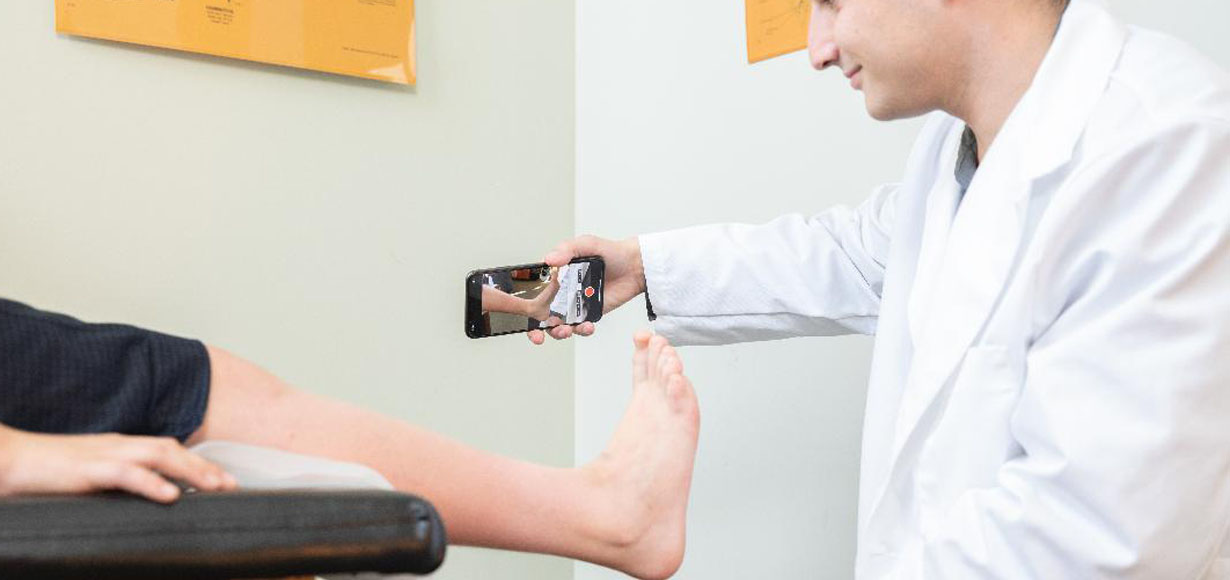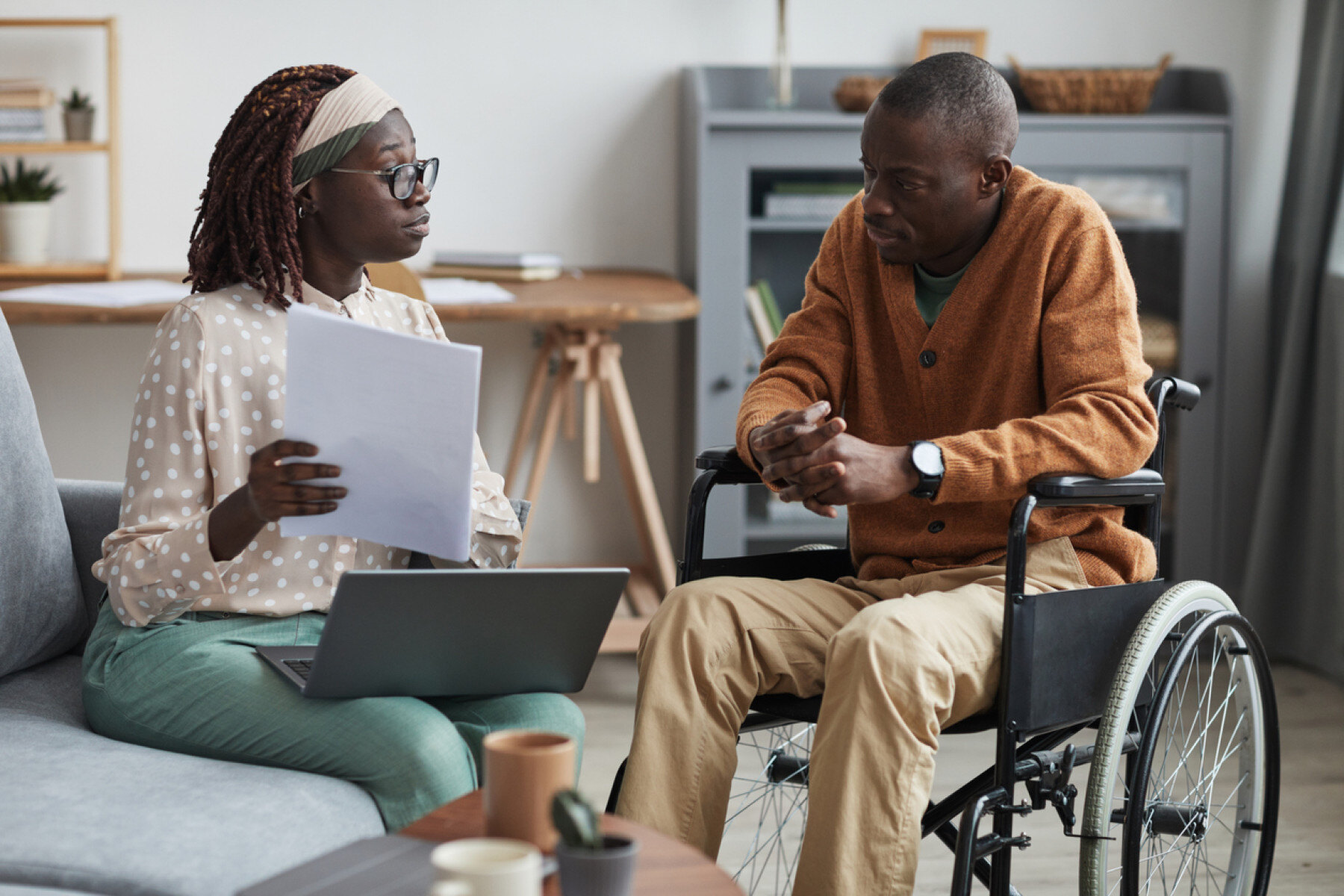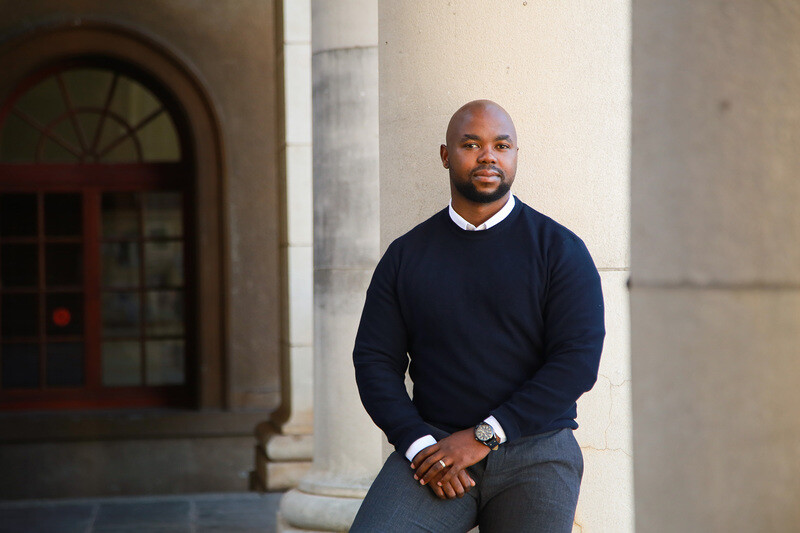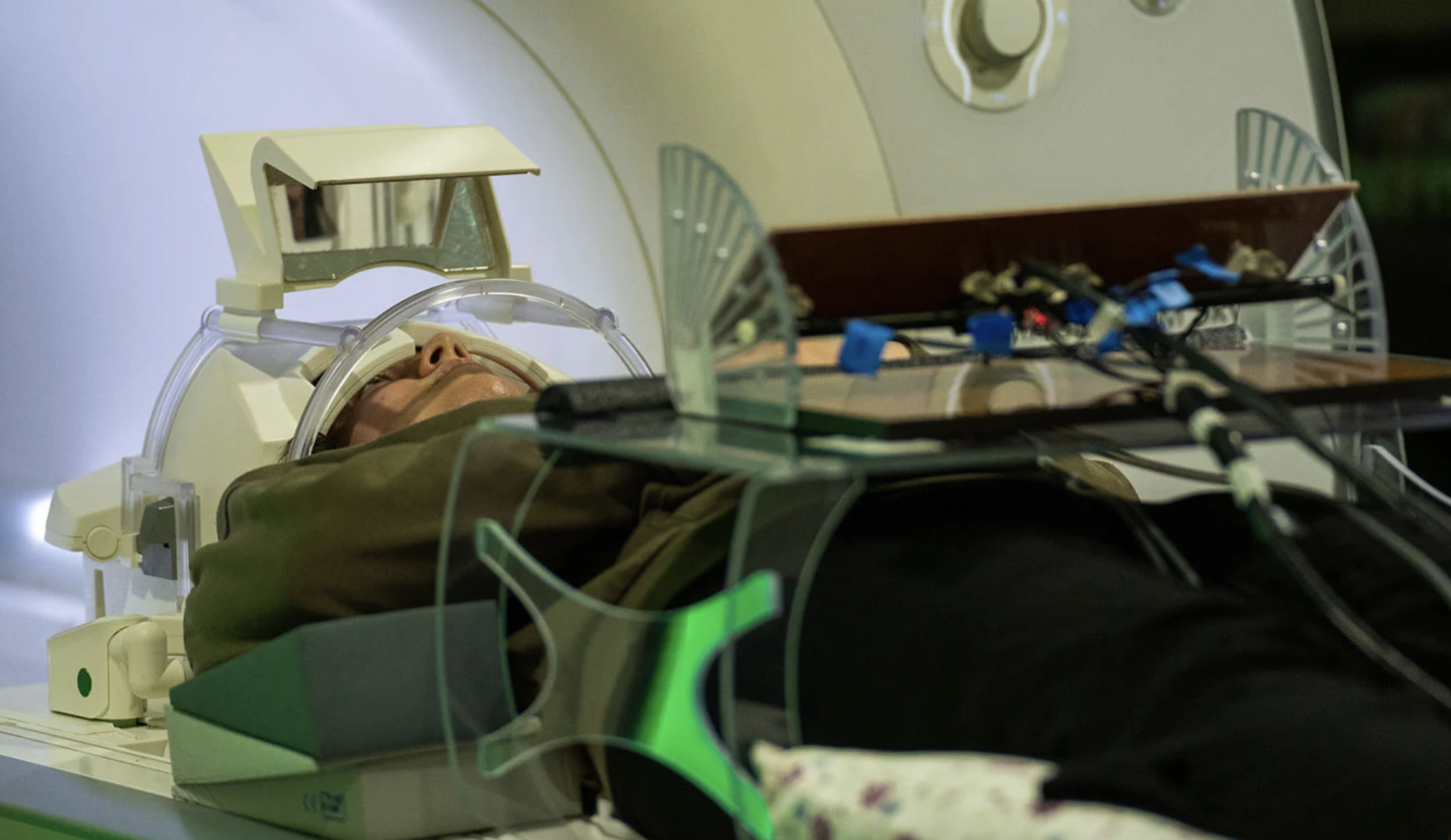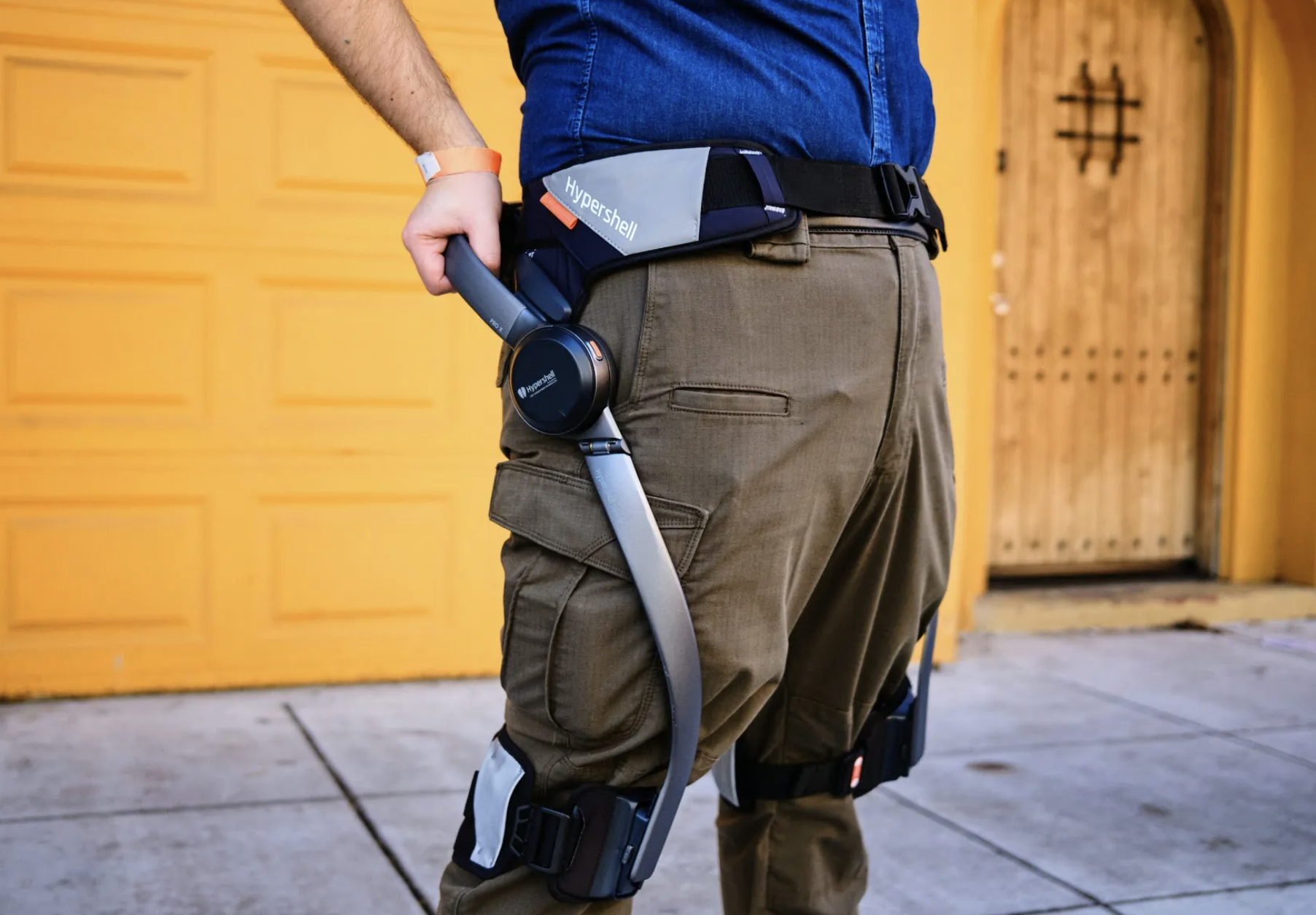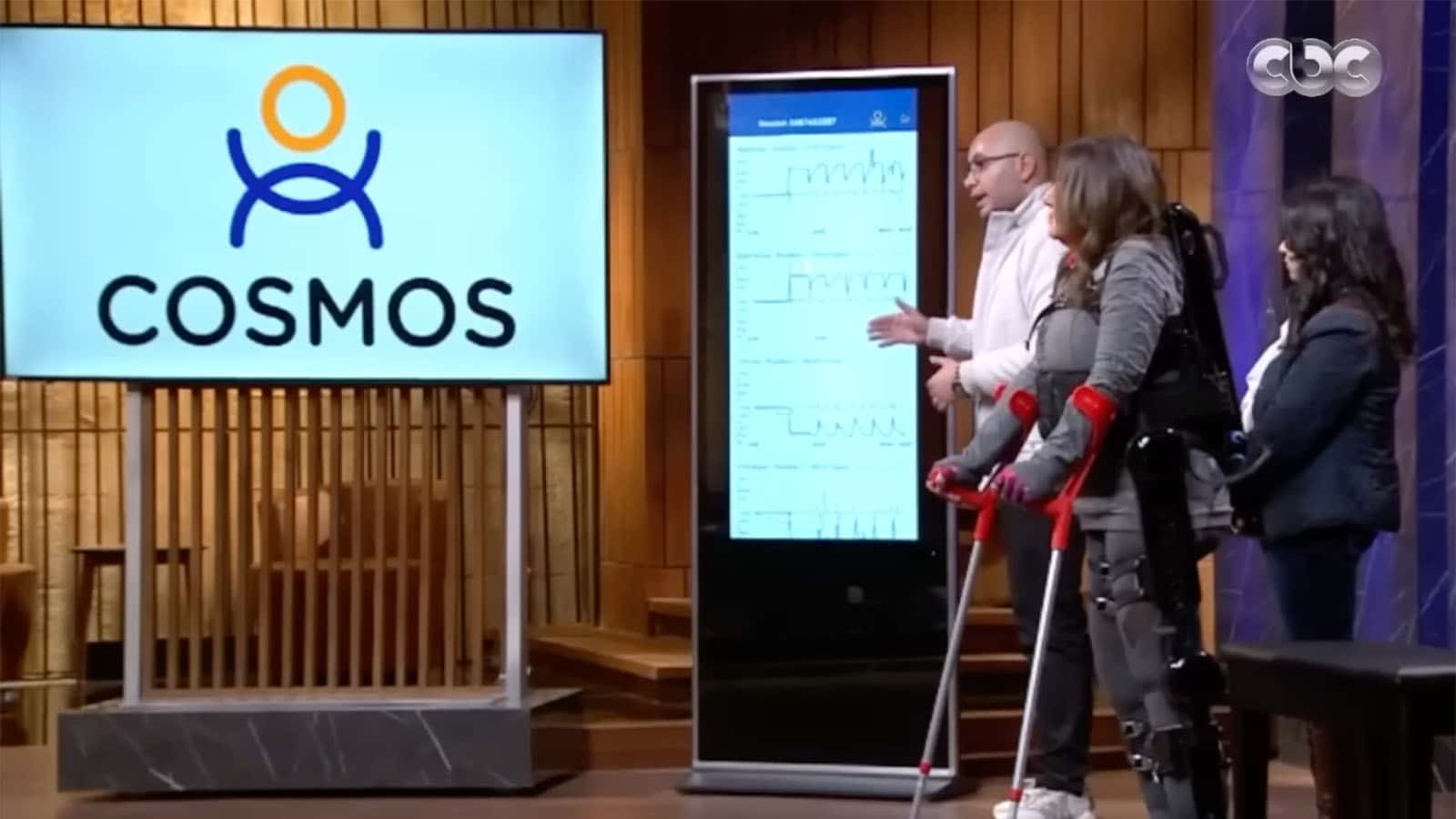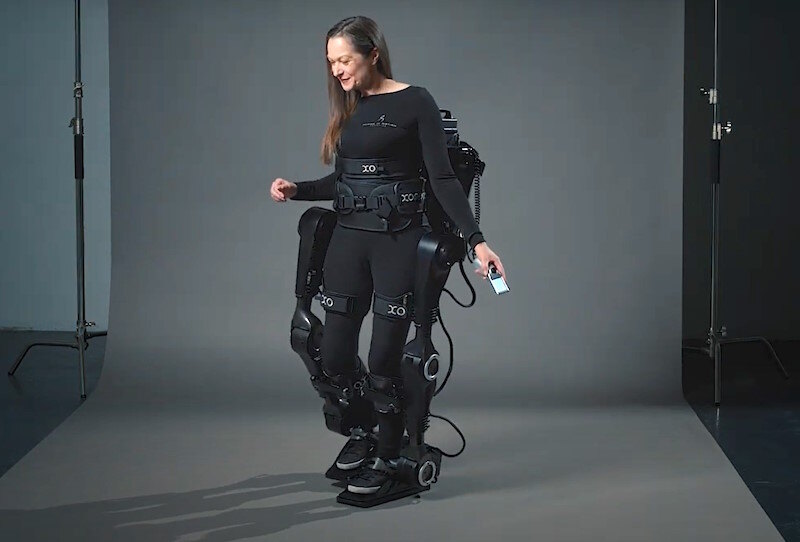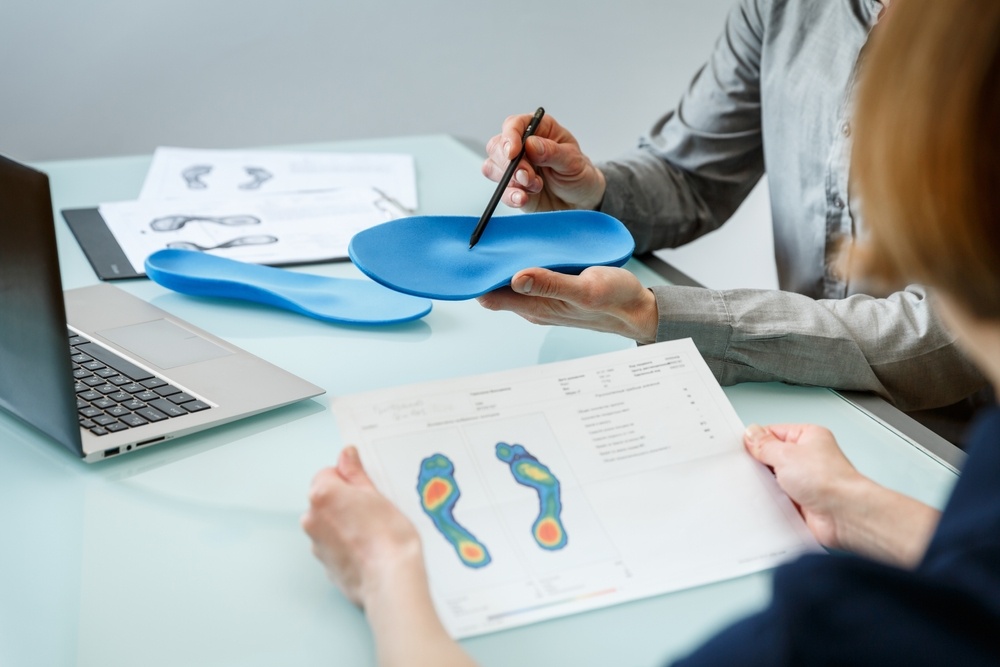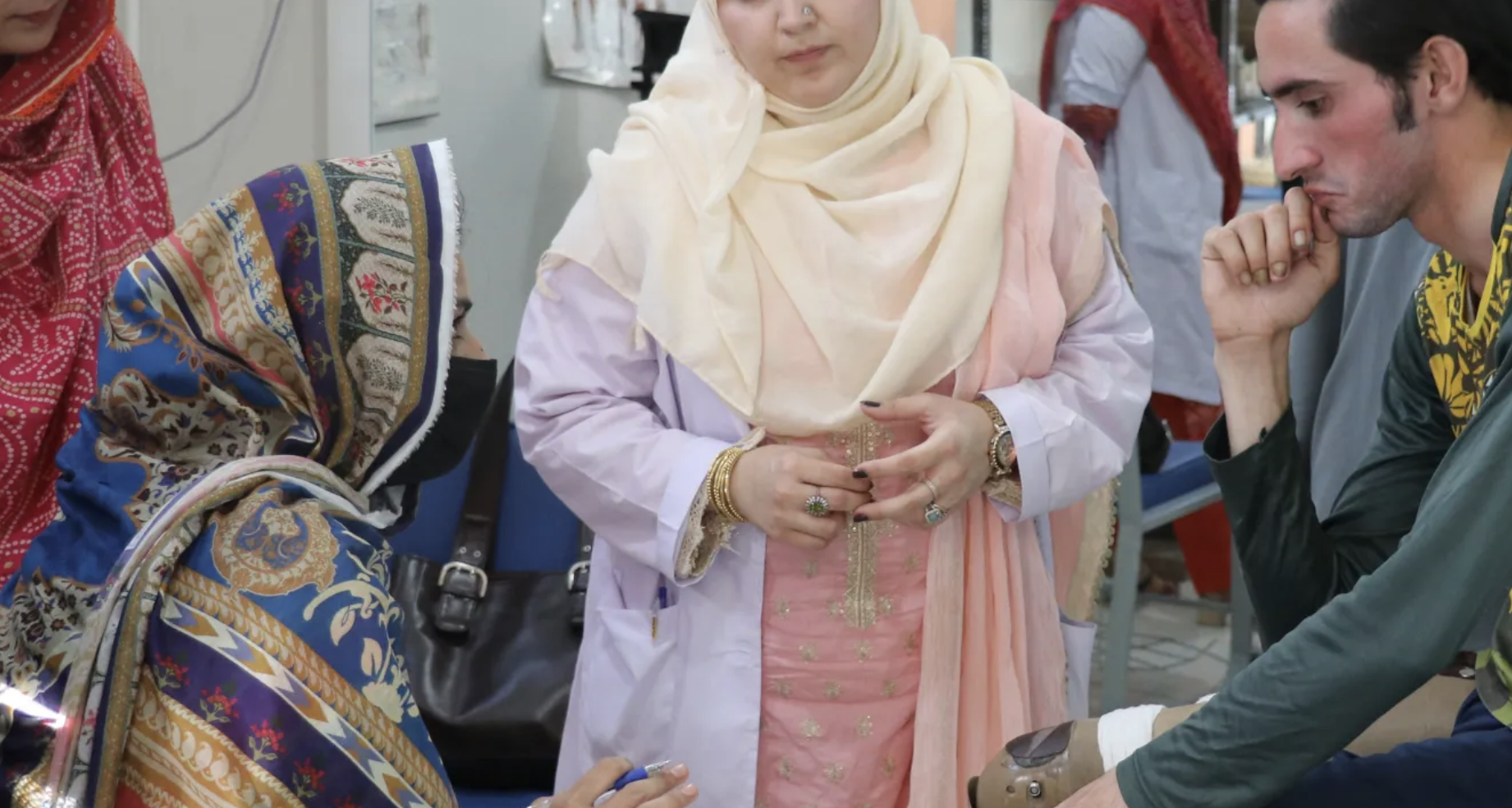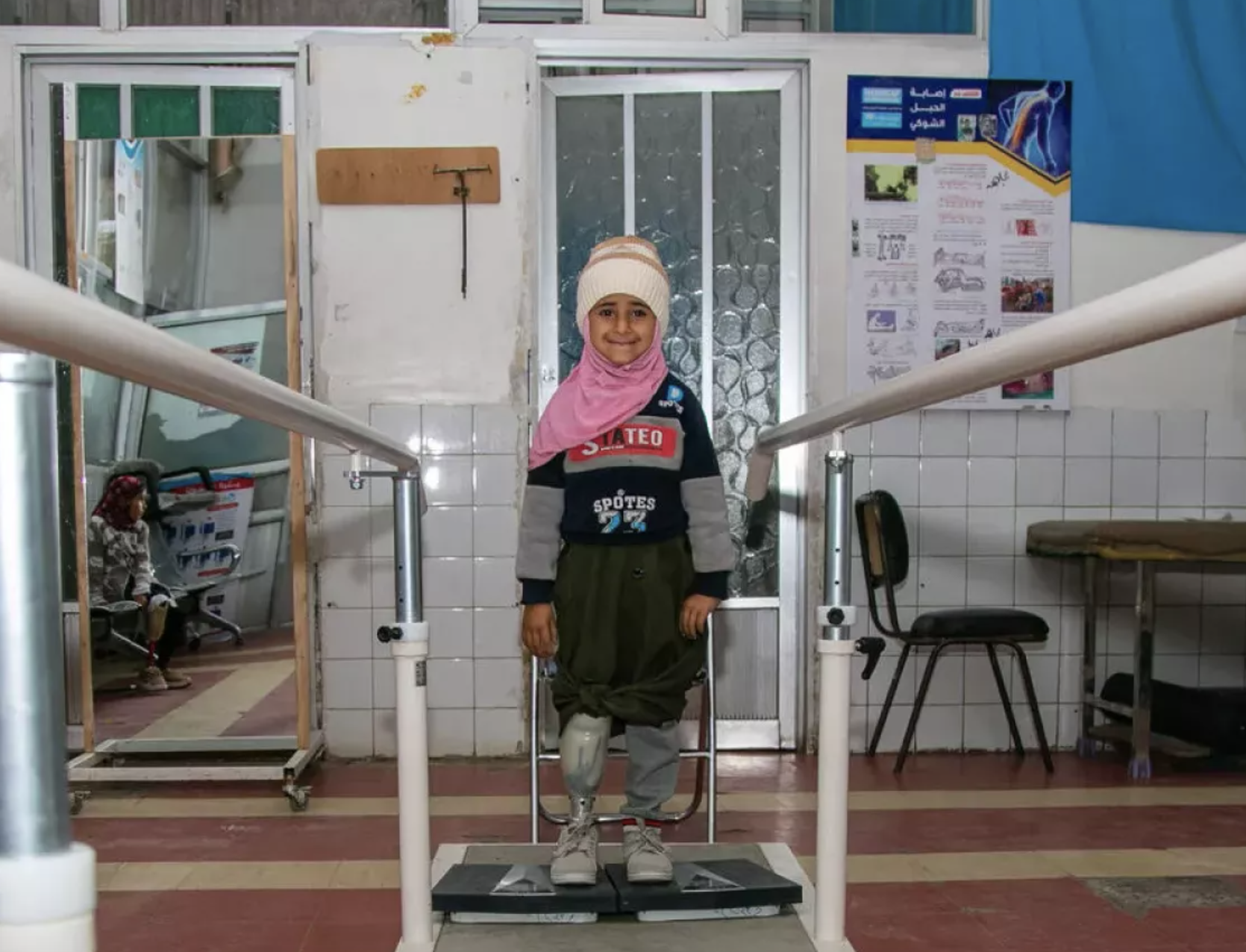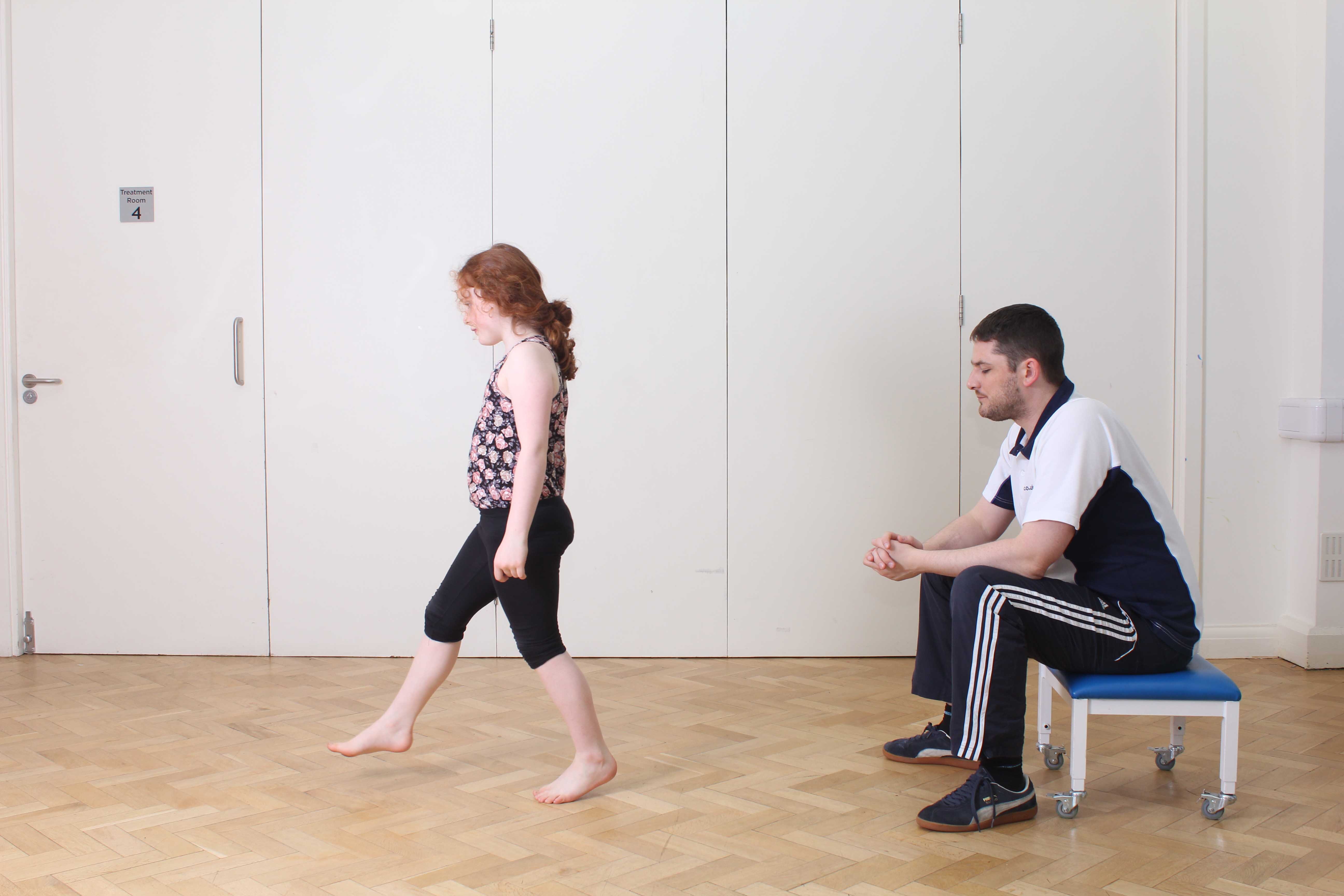From January to September 2024, the seven ICRC-supported physical rehabilitation centres across Afghanistan provided vital rehabilitation services to 6,582 boys and 4,461 girls with CP. During the same period in 2023, 6,726 boys and 4,570 girls had received support and treatment at these centres.
Cerebral palsy is an early childhood disorder caused by abnormal brain development or damage to the developing brain, usually during pregnancy, childbirth or shortly after birth, which can permanently affect body movement, muscle control, muscle coordination, muscle tone, reflex, posture and balance. It is often linked to inadequate prenatal care, which increases the risk of complications during pregnancy and at the time of birth.
Bilal, an eight-year-old boy with CP, has been receiving treatment at the physical rehabilitation centre (PRC) in Kabul for the past seven years. His mother, Nazifa, has always been his rock.
We are a family of nine, living in a rented house. My husband is a daily wage worker who provides for us, but it is a struggle. Despite the challenges, they remain hopeful. Bilal is showing signs of improvement, and that gives us the strength to keep going. My only hope is that Bilal can live a normal life, like other children. The ICRC rehabilitation centre is making that possible.
"The ICRC is at the forefront of helping patients with CP in Afghanistan. More than 794 patients with CP receive treatment at our PRC in Kabul each month, including more than 130 newly registered patients,” highlighted Dr Murid, the supervisor of the CP department at the PRC in Kabul.
Cerebral palsy, which affects an estimated two to three out of every 1,000 children worldwide, remains vastly underdiagnosed in Afghanistan. A lack of diagnostic resources and specialized health-care professionals means that several children suffer in silence, as their condition is often misdiagnosed. A considerable number of cases of children with CP are found in Afghanistan’s rural areas, where receiving specialized care is particularly challenging.
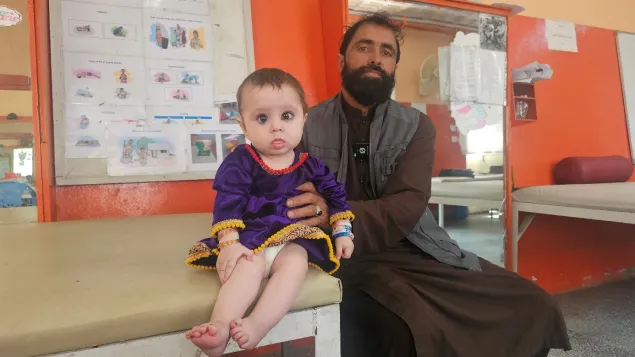
When Gul Wazir's eight-month-old daughter, Fatima, struggled with mobility caused by CP, he became her superhero. After spending months searching for the right treatment, the devoted father travelled four hours away from their home in eastern Afghanistan and finally found the PRC in Kabul.
I had to find a way to help her. I couldn’t afford treatment abroad, but I couldn't afford to give up either. Now, Fatima is in rehabilitation and the signs of progress bring immense joy to me. Seeing her improve is the best thing that could happen.
Over 64,121 patients with CP are currently receiving ongoing treatment at the ICRC-supported physical rehabilitation centres. "While cerebral palsy is a lifelong condition, and brain damage cannot be reversed, the transformative effects of physical therapy should not be underestimated," explained Najmuddin Helal, manager of the physical rehabilitation centre in Kabul. “At our centres in Afghanistan, we have witnessed first-hand how early physical therapy response can change lives. Our free and timely rehabilitation services are designed to help patients with cerebral palsy overcome challenges and lead a better life."
While much more needs to be done, the determination of the communities in Afghanistan to improve conditions for children with CP is promising. As we continue running our biggest physical rehabilitation programme in Afghanistan, we are committed to offering physical and social rehabilitation support, to over 200,000 patients every year in the seven ICRC-supported PRCs in Afghanistan, by providing orthoses, prostheses, physiotherapy, vocational training and interest-free microcredit loans.
I was terrified for my boys. Watching them crawl painfully on their chests shattered me. But now, seeing the strength slowly returning to their legs, I am witnessing small but powerful steps towards healing. This is exactly what I had prayed for before coming here.
